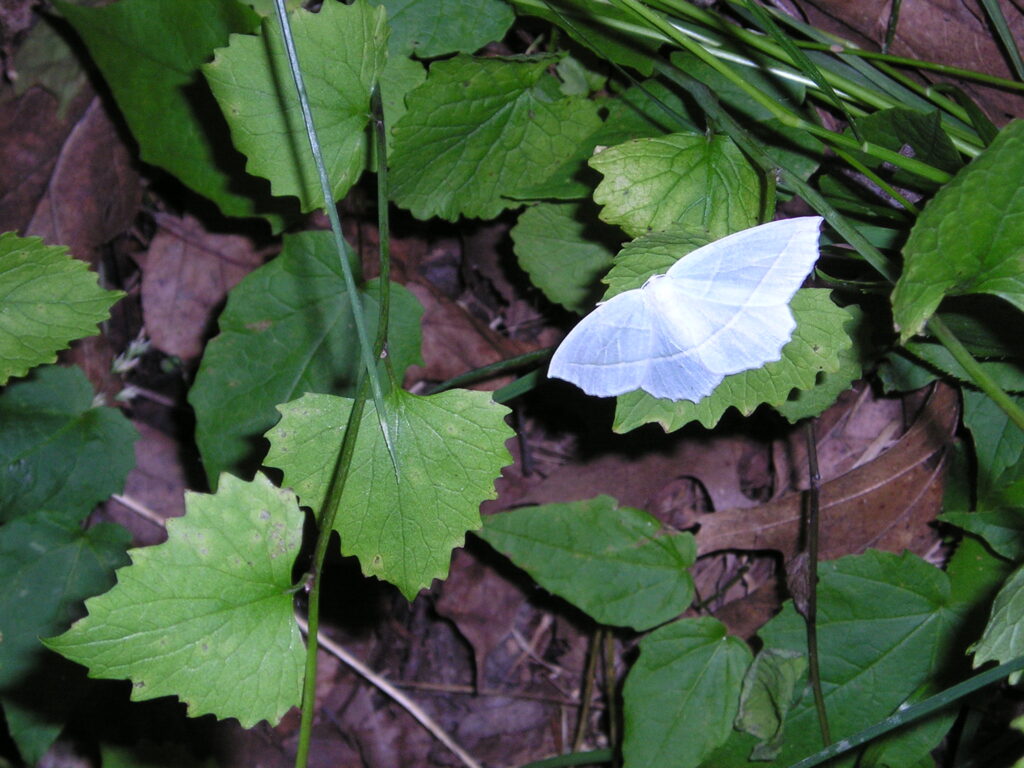Otter Creek
West Virginia
July 2011

Trailhead. Several cars are parked in the dirt lot, some encircled by a ring of mothballs. Keeps your car from getting munched on by moths. No, that’s not true. It actually keeps your car from getting munched on by raccoons and skunks.
Raccoons and skunks don’t like mothballs, but they do like the various wires and hoses of your car, finding them to be quite tasty. Mothballs keep the critters away from your car. Few things in life suck worse than returning to your car after five excellent days in the wilderness to find that your means of decamping, your vehicle, no longer works because some lowlife pissant quadruped asshat chewed through your wires.
The other night, one lowlife pissant outside my tent in the Monongahela National Forest tried to chew through my boots while I was sleeping but I woke up and chased the little bugger away.
Mothballs contain naphthalene or paradichlorobenzene. Vermin find the taste and smell of these chemicals to be repugnant. Heck, they can’t even spell the words.
The downside is that mothballs can cause environmental problems as the ingredients, which are highly toxic, can get into the soil and groundwater. It can then go on to harm people and pets and Mother Earth. Mothballs are regulated by the Environmental Protection Agency and the EPA tells us that it is illegal to use these balls in any but the prescribed method, which is to keep moths from chewing the clothing in your closet.
I could also state that mothballs are what allow you to tell the boy moths from the girl moths, but that is too juvenile a thought even for me.
